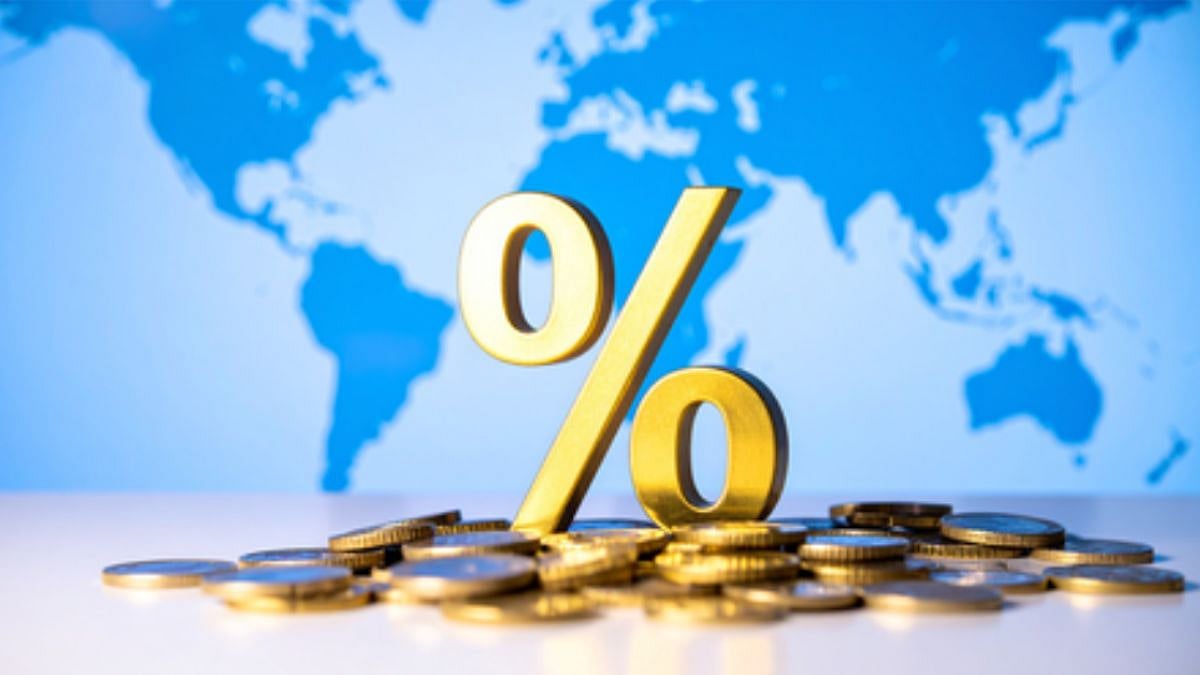India is one of the largest consumers of edible oil in the world and India imports 65 per cent of the edible oil consumed in the country. In January 2024, India's vegetable oil imports saw a significant decline of 28 per cent, totaling 12 lakh tonnes compared to 16.61 lakh tonnes in January 2023, according to the Solvent Extractors Association of India (SEA).
India, a prominent buyer of vegetable oil globally, experienced a 23 percent reduction in total imports during the first quarter (November-January) of the current oil year, dropping to 36.73 lakh tonnes from 47.73 lakh tonnes compared to the same quarter of the previous year.
Slipping on Oil
This could have trickle effect on the prices of cooking oil in India, burning a hole in their pockets. Over the years, the prices of popularly used edible oils, such as mustard oil, palm oil, groundnut oil, Rice bran oil, Safflower oil, Olive oil has increased, in 2021 rates of sunflower oil, soyabean and mustard oil increased exponentially from approximately Rs 80 in 2020 to Rs 180 per litre.
When collated with inflation rate of 5.69 per cent from December, along with the decline in CPI for January, it could have an impact not only on the numbers that may come for February.

Of the total vegetable oils imported in January, approximately 7,82,983 tonnes comprised palm oil, and 4,08,938 tonnes were soft oil. As of February 1, the total stock of edible oils stood at 26.49 lakh tonnes, reflecting a decrease of 7.64 percent from the previous year.
A price rise on the horizon?
SEA warned of potential price increases in edible oils this year due to factors such as lower production, global economic challenges, and supply limitations. The availability of palm oil for edible oil purposes has decreased as major producers like Malaysia and Indonesia prioritize its use for bio-diesel production, which could contribute to price hikes. Furthermore, a seasonal decline in global palm oil output during January-March 2024 has led to reduced stocks in both producing and importing nations.
India predominantly imports palm oil from its east, from Indonesia and Malaysia, along with a small quantity of crude soft oil from Argentina. Sunflower oil is sourced from conflict-ridden Ukraine and Russia. All these factors could in combination, once again attack the balance of household budgets.











